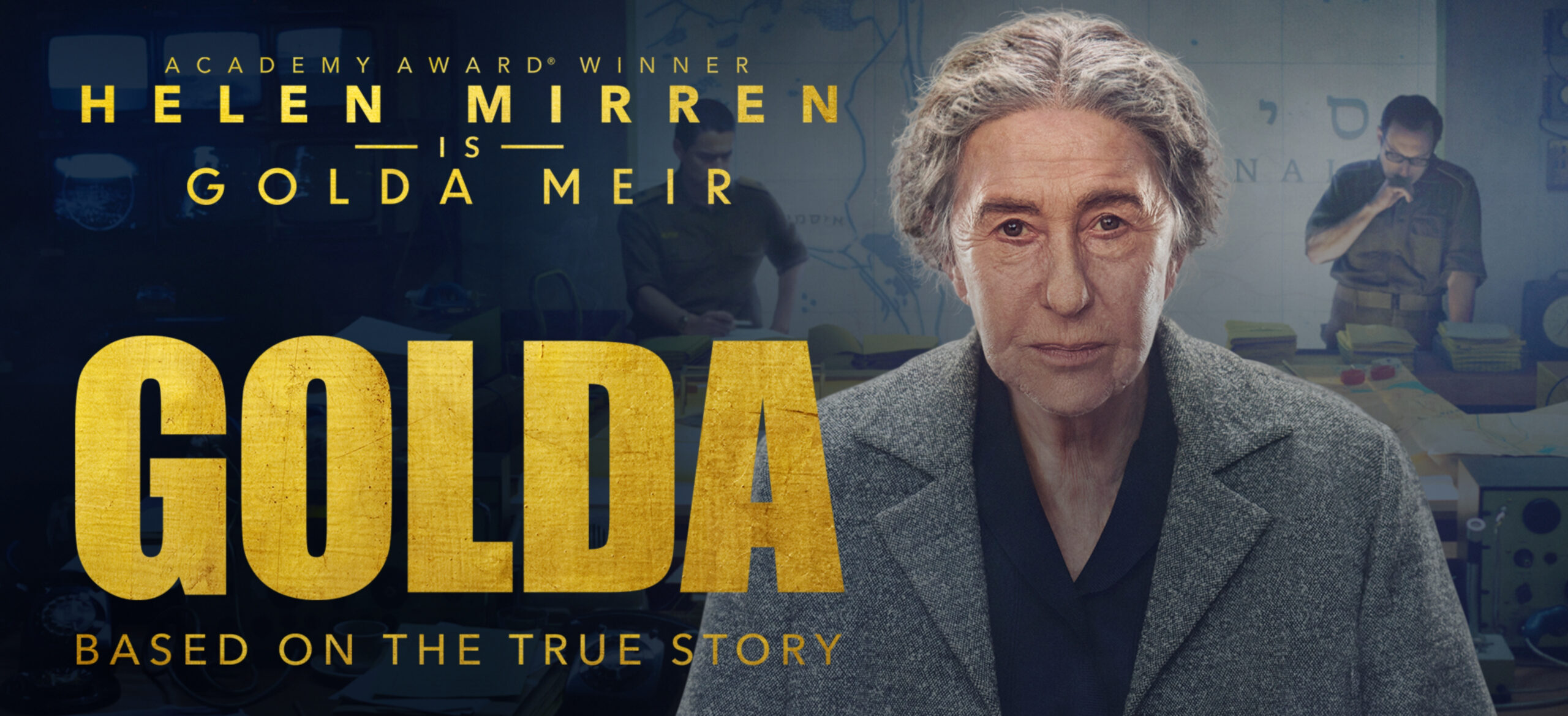
Twenty years ago, a one-woman play opened on Broadway called “Golda’s Balcony.” It starred Tovah Feldshuh as Golda Meir, who went from Ukrainian immigrant to American teacher to Prime Minister of Israel. Feldshuh was nominated for a Tony and won a Drama Desk award for her appearance.
But Golda has been played by several others, including Anne Bancroft in a different Broadway production in 1977, and Valerie Harper in the touring version of “Golda’s Balcony” in 2006 (which is when I had a fun conversation with her that you can listen to here). The difference between Feldshuh and the other two is that she is Jewish, while Bancroft and Harper were not — although many people thought Harper was because she played Rhoda Morganstern on “The Mary Tyler Moore Show.” And Anne Bancroft was wed to Mel Brooks for several decades, which made her Jewish by marriage.
As I discussed recently in my piece about Bradley Cooper playing Leonard Bernstein, I don’t see an actor’s beliefs to be an obstacle to playing people of other faiths. I wonder if the same people who objected to that will create some backlash to the casting of Helen Mirren as Golda in a new movie out today.
Going into “Golda,” I wondered how she’d pull it off. On the way out, I knew the answer — with the help of brilliant work by the prosthetics, makeup, and hair departments. Mirren not only looks just like Golda, with her eyes red, her orthopedic shoes white, and her hair gray. She also sounds and moves like her. In fact, I was so taken in by her performance I forgot I was watching Mirren five minutes after the opening credits.
The plot follows the Yom Kippur War of 1973, in which Israel was attacked simultaneously by Egypt and Syria, two countries that still didn’t recognize its independence twenty-five years after the UN did. In meetings with her military advisors, Golda was the only woman in the room, but the men clearly respected her leadership abilities. So did Henry Kissinger (Liev Schreiber), then the US Secretary of State, who was at first tentative about offering assistance, worried the Arab nations would cut off America’s oil supply and increase the influence of the Soviet Union in the area.
Director Guy Nattiv wisely doesn’t include close-in footage of the war, instead allowing us to experience it the way Golda and her generals did — via often-heartbreaking reports from commanders and soldiers in the field. Nattiv also includes some news footage of the real Kissinger and Meir — although I’m not 100% sure it wasn’t Mirren. The movie may also set a record for number of cigarettes chain-smoked by a single character, with Golda constantly lighting up — even during treatment for lymphoma.
At 100 minutes, “Golda” isn’t a biopic as much as a slice of history with one remarkable world leader at its center, brought to life by an equally remarkable actress. I give it an 8 out of 10.
